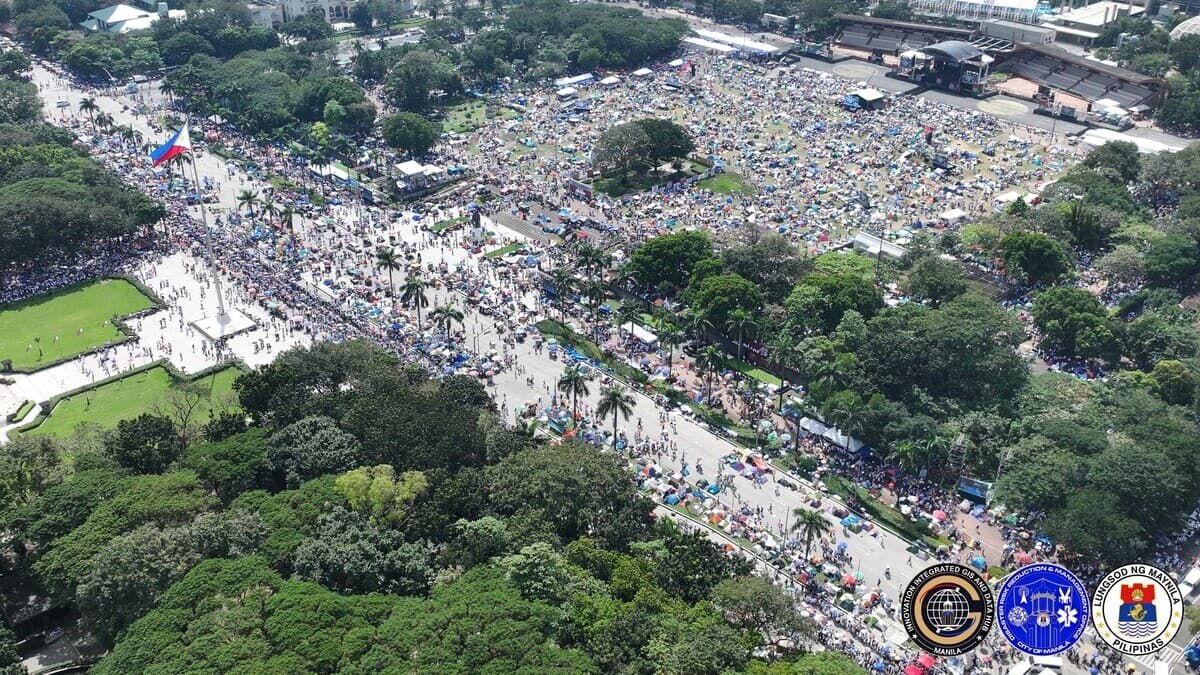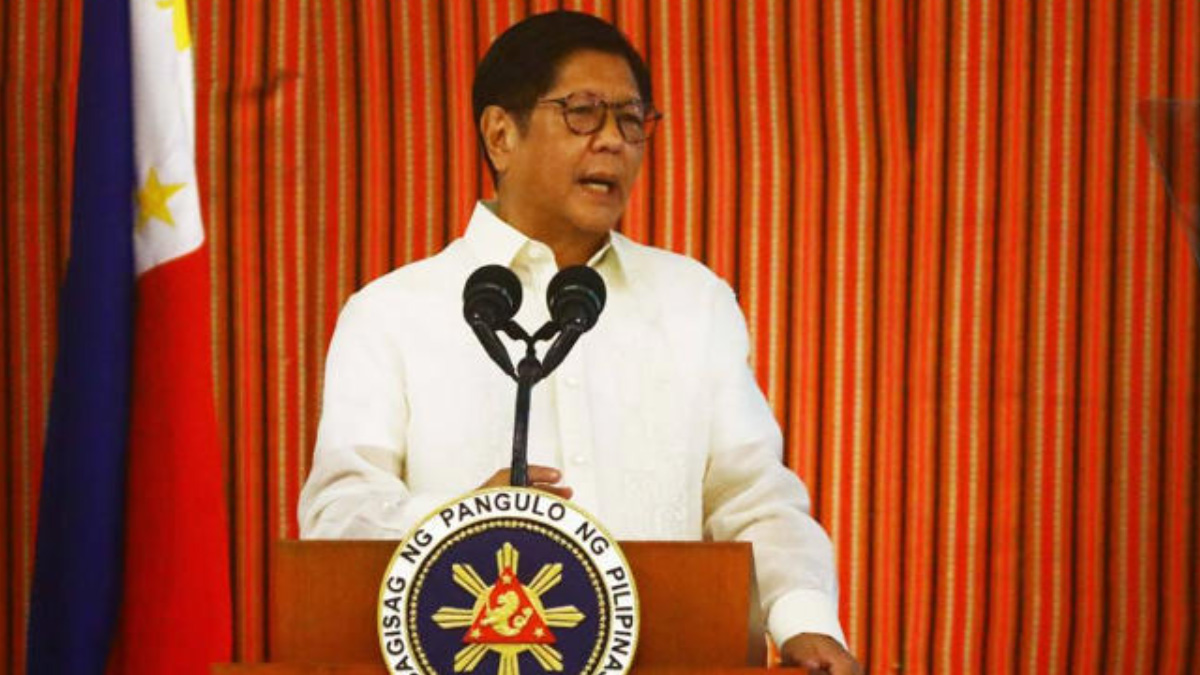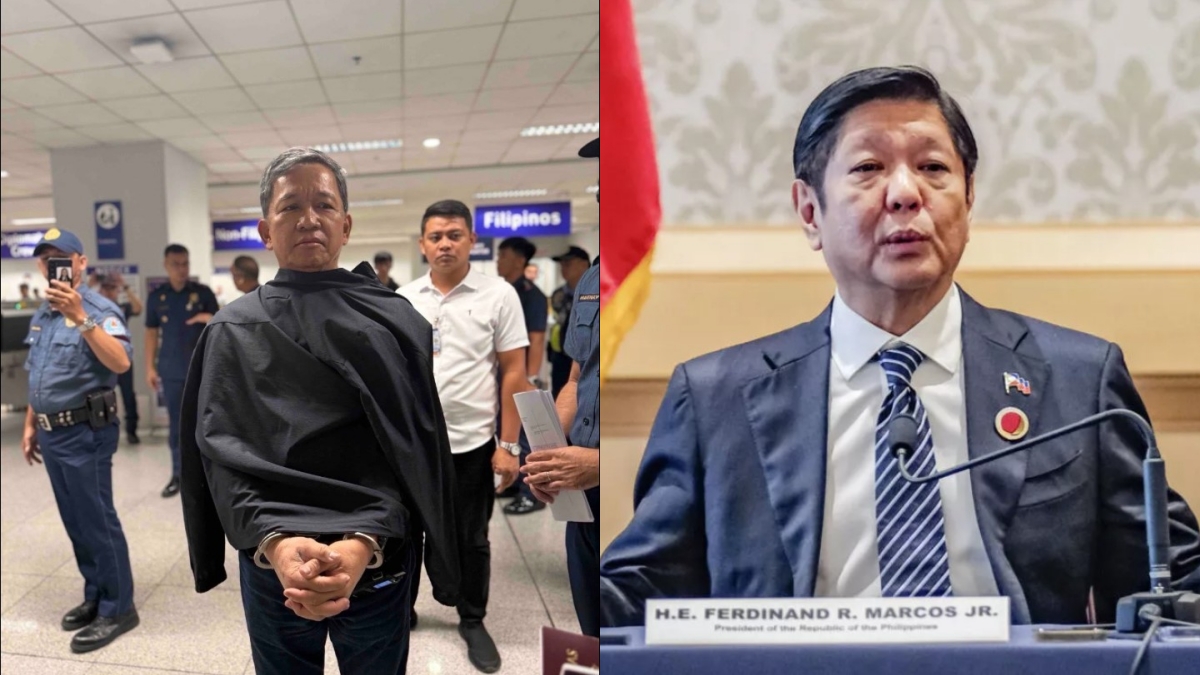Manila rally draws hundreds of thousands demanding accountability in flood-control scandal
In mid-November 2025, hundreds of thousands of Filipinos gathered in Manila to demand accountability over an alleged multi-billion-peso flood-control corruption scandal involving top government officials and construction firms.

- Hundreds of thousands rallied in Manila in mid-November 2025 over a major corruption scandal involving flood-control infrastructure.
- The protests were largely organised by the influential Iglesia Ni Cristo religious group.
- Demonstrators called for genuine investigations, accountability, and sweeping reforms in public works contracting.
Hundreds of thousands of Filipinos massed in Rizal Park, Manila, from 16 November 2025 in a three-day rally against a corruption scandal tied to flood-control infrastructure.
The protest was largely organised by Iglesia Ni Cristo, a powerful religious group known for bloc voting. Authorities estimated hundreds of thousands participated, with some reports citing up to 650,000 INC members present.
Demonstrators accused lawmakers, public works officials, and business leaders of awarding dangerous or non-existent flood-control contracts in exchange for kickbacks.
Senate hearings and a fact-finding commission have already heard testimony from engineers and company executives alleging systemic corruption.
Protesters wore white shirts and carried placards demanding transparency and reform. Many expressed frustration that despite public outrage, few high-ranking figures have been held accountable.
Interior Secretary Jonvic Remulla confirmed a major security deployment, with police and military placed on high alert throughout the demonstration.
Speakers at the rally cited citizens' loss of trust in public institutions: “These thieves… rob us of our future,” said Rachel Morte, a participant from Pampanga province.
President Ferdinand “Bongbong” Marcos Jr. has said he supports the protesters’ demands for accountability, even as he defends his administration’s integrity.
A major trigger for the protests was a July audit revealing anomalies in 9,855 flood-control projects, with the government alleging widespread “ghost infrastructure” that either doesn’t exist or was poorly built.
Critics point to the scale of the scandal: the Philippine Department of Finance estimates public spending losses of ₱118.5 billion (about US$2 billion), while some civil society groups suggest it could be much higher.
The controversy has also reignited earlier protests from September 2025, including the so-called “Trillion Peso March” — a symbolic action coinciding with the anniversary of martial law in the Philippines.
At a major September rally, masked protesters clashed with police — stones were thrown, barricades set ablaze, and water cannons deployed.
Student groups and youth-led organisations continue to press for deeper reforms, including stronger whistle-blower protections, tighter oversight on project bidding, and an end to “political theatrics” that shield culpable officials.
Analysts say the November protest bolsters demands for institutional reform. If the momentum continues, it may shape how the ongoing investigations are perceived and whether they lead to tangible outcomes.







